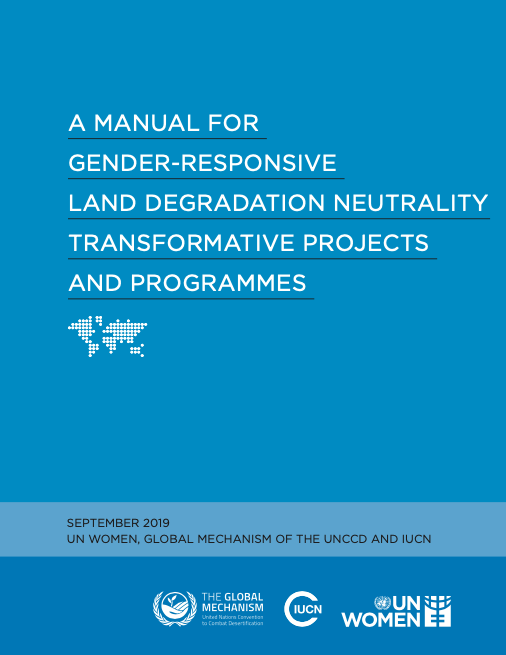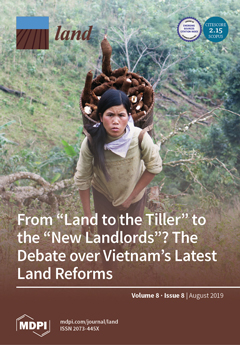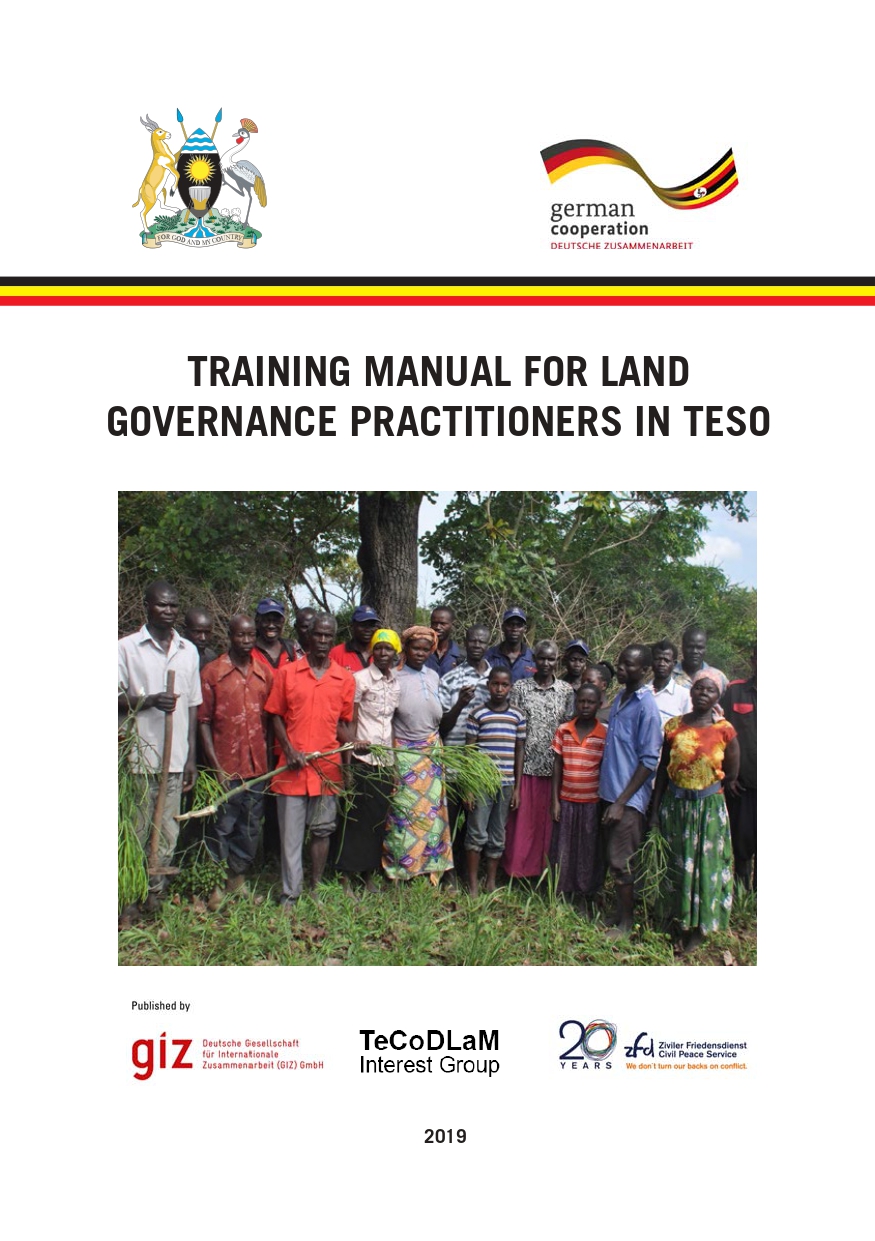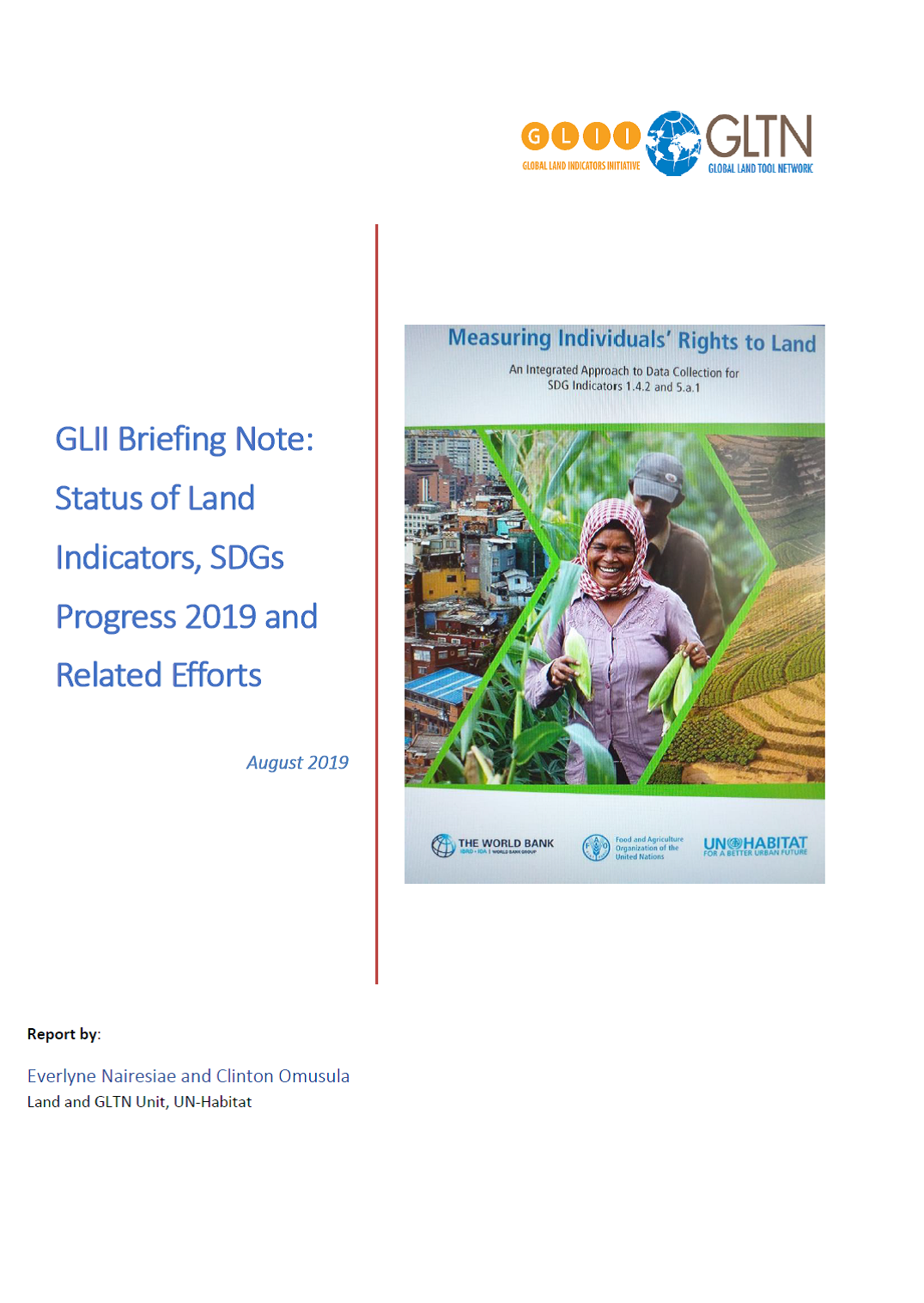The Global Programme Responsible Land Policy (GPRLP)
This brochure presents the approach and core activities of GIZ Global Program on Responsible Land Policy (GPRLP). The GPRLP is active in Benin, Ethiopia, Laos, Madagascar, Paraguay, Peru and Uganda. In each country, a context specific approach in line with the global GPRLP concept aims at improving the access to land as a core condition for combating poverty and hunger in rural areas for specific population groups, particularly women and socially marginalised groups.








